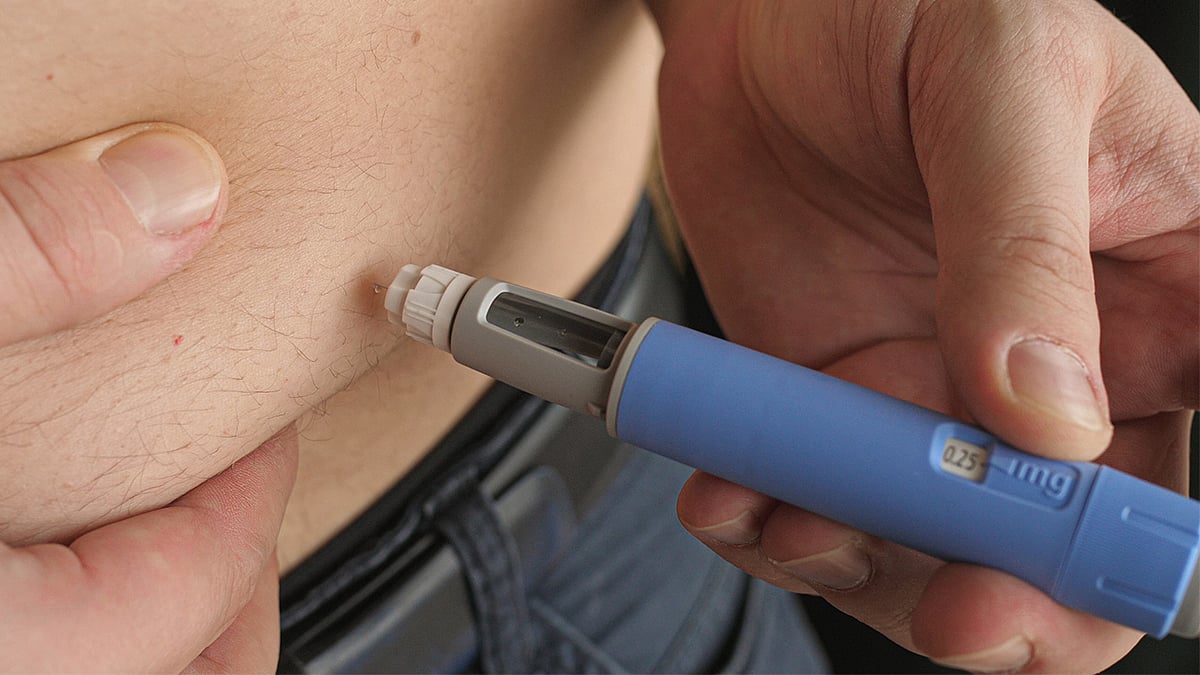
Sleep-deprived night shift nurses are at greater risk for the common cold and other infectious diseases, a new study says. Shift work and its impact on quality sleep can wreak havoc on nurses’ immune systems, making them more vulnerable to infection, researchers report in the journal Chronobiology International. “Sleep debt and irregular shift patterns, including… read on > read on >


















